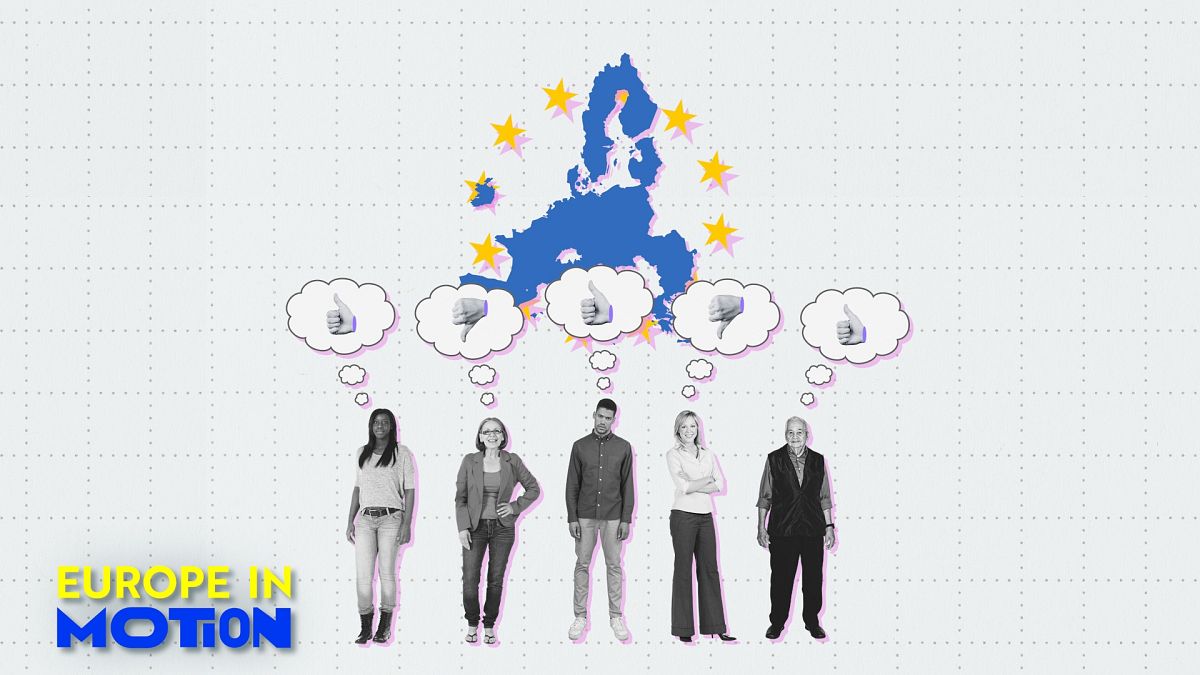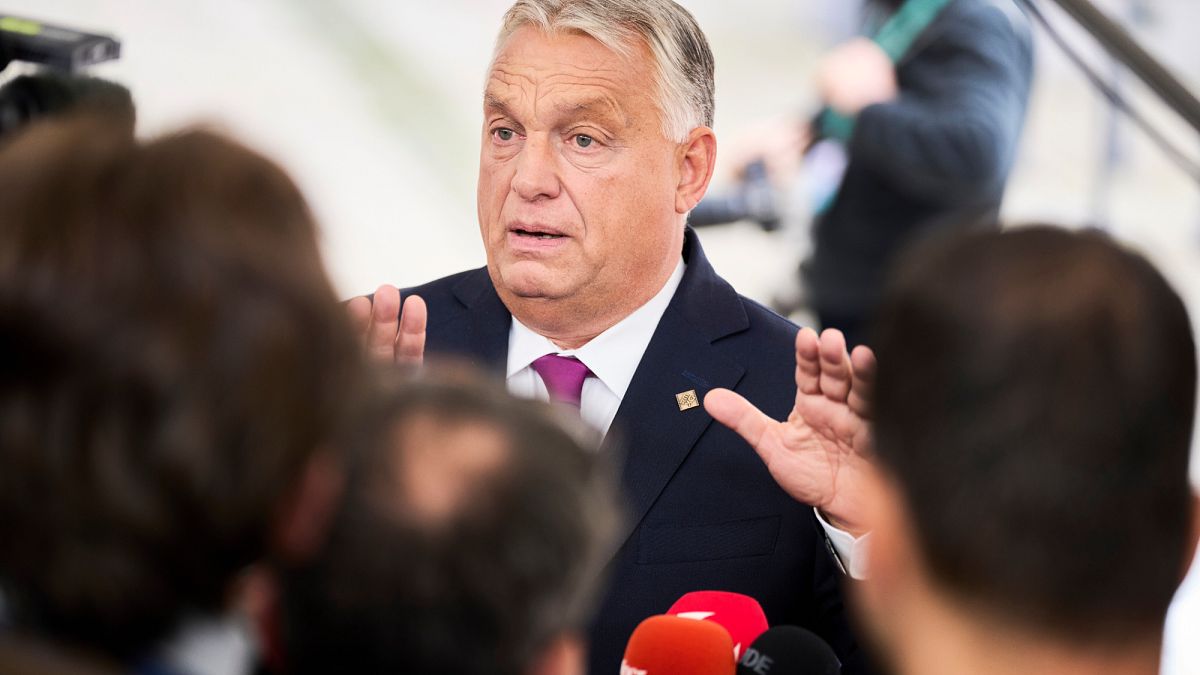ADVERTISEMENT
More than half of respondents across the EU are in favour of further enlargement of the bloc, with nearly one in ten being very much in favour, according to the latest Eurobarometer study.
In 23 member states, at least 50% of respondents are in favour of further enlargement, with the highest support in Sweden (79%), Denmark (75%), and Lithuania (74%).
Ukraine, Montenegro, Bosnia and Herzegovina, North Macedonia, Moldova, Serbia, Georgia, Albania, Kosovo, and Turkey are the ten countries wanting to join the EU.
Support is also particularly high among young people.
Younger respondents aged between 15 and 24 are most in favour (67%), followed by those aged 25 to 39 (63%).
A majority also believe their own country would benefit from future enlargement.
The most widely recognised advantages include stronger EU influence in the world (37%), a larger market for EU businesses (37%), more work opportunities (31%) and more solidarity between countries (30%).
At the same time, respondents expressed concerns about potential future EU enlargement.
The biggest worry is uncontrolled migration, at 40%, followed by corruption and crime, at 39%, and the financial cost to European taxpayers, at 37%.
What are the differences in support for EU candidate countries?
Just over half of respondents across the EU expressed their support for Ukraine’s accession to the EU.
However, Ukraine’s bid to join is currently stalled due to Hungary’s veto, which has also hindered Moldova’s progress.
Following Ukraine, Montenegro has garnered 51% support for accession among EU respondents and is the most favoured candidate in seven member states.
Bosnia and Herzegovina, North Macedonia and Moldova each received 48% support for their accession.
In contrast, Turkey has not been identified as a preferred candidate for EU membership by any member state.
Less than two-fifths of respondents would support Turkey’s accession, even if it met the necessary criteria.












